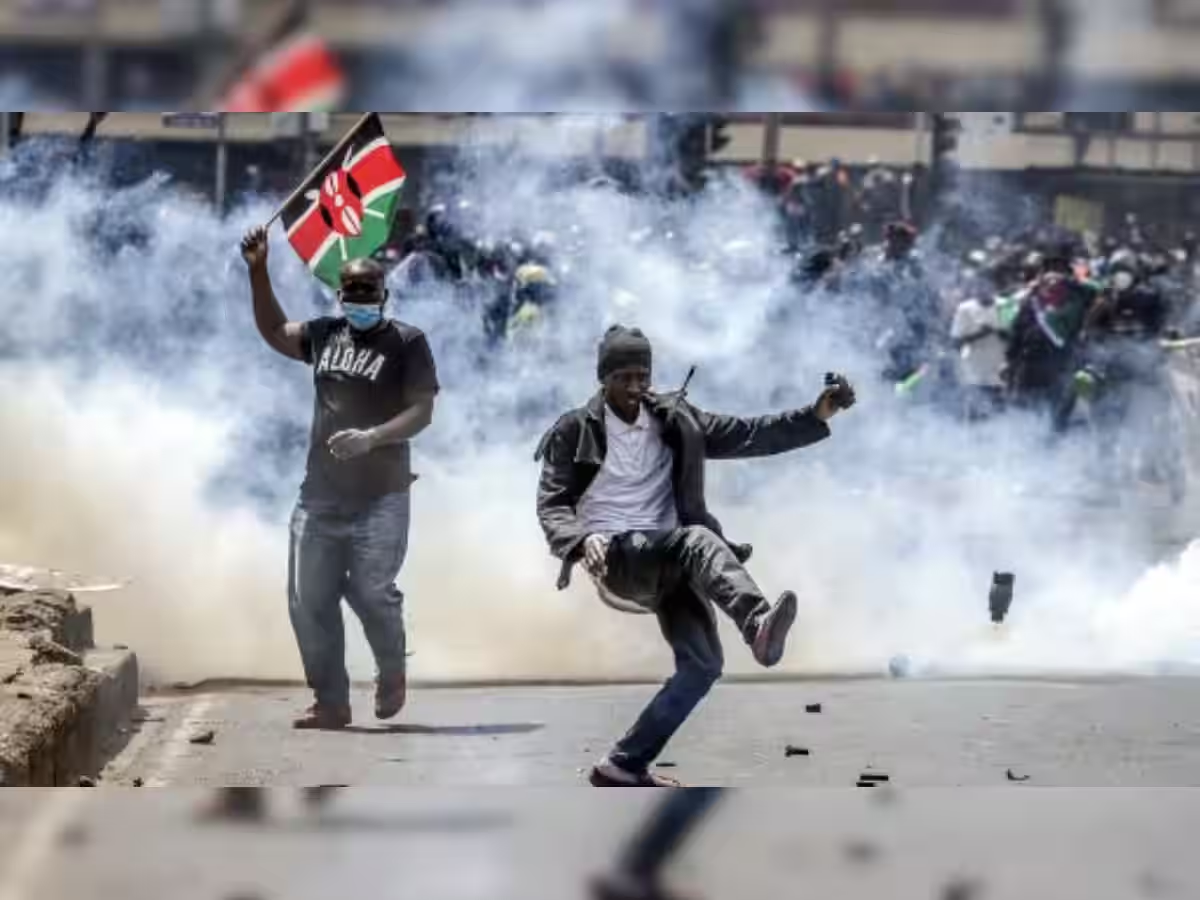
In the summer of 2020, Gerard Magliocca, like many others during the coronavirus pandemic, found himself confined indoors with ample time on his hands.
As a law professor at Indiana University, Magliocca embarked on researching the history of two long-forgotten sentences in the Constitution’s 14th Amendment. Originating from the post-Civil War era, these sentences bar individuals who have “engaged in insurrection or rebellion” from holding office.
On January 6, 2021, following a violent breach of the U.S. Capitol by supporters of then-President Donald Trump, seeking to impede the certification of his electoral defeat to Joe Biden, Magliocca witnessed prominent Republicans such as Senators Mitch McConnell and Mitt Romney labeling the incident as an “insurrection.”
That evening, Magliocca hastily penned a post on a legal blog: “Section Three of the Fourteenth Amendment,” he wrote, “might be applicable to President Trump.”
Just over four years later, the U.S. Supreme Court faces the task of determining its applicability. This Thursday, the highest court in the nation is set to deliberate on whether Trump can be included on the ballot in Colorado, where the state’s Supreme Court ruled that he violated Section 3.
This marks the first occasion the Supreme Court has taken up a case involving Section 3, originally utilized to bar former Confederates from governmental positions following the amendment’s adoption in 1868. Its relevance had waned after Congress granted amnesty to most former rebels in 1872.
Prior to the Capitol attack, Section 3 was seldom considered, even by constitutional scholars, and hadn’t seen courtroom action in over a century. Its resurgence owes to an improbable convergence of Democrats and Republicans, liberals and conservatives alike, all reawakening to 111 words within the nation’s foundational legal document that now pose a threat to the former president’s political aspirations.
In the aftermath of January 6, scholars like Magliocca catalyzed Section 3’s gradual emergence from obscurity.
In June 2021, Free Speech For People, a liberal nonprofit based in Massachusetts, dispatched letters to election officials across all 50 states cautioning against placing Trump on the ballot should he seek office again in 2024.
Receiving no responses, John Bonifaz, the organization’s co-founder, remarked, “People were just treating it as something that was not serious.”
In January 2022, Free Speech For People filed a complaint in North Carolina to disqualify Republican Rep. Madison Cawthorn under Section 3. However, Cawthorn lost his primary, rendering the case moot.
During the same period, Citizens for Responsibility and Ethics in Washington (CREW) decided to test Section 3 in the legal arena.
“Our focus wasn’t solely on Trump,” said chief counsel Donald Sherman. “We’ve been cautious not to pursue frivolous or longshot cases.”
On September 6, 2022, a New Mexico judge, acting on a CREW filing, removed Couy Griffin, a rural county commissioner convicted of unlawfully entering the Capitol on January 6, from his position, marking the first such removal in over a century. Griffin has appealed to the Supreme Court.
Trump declared his candidacy for president two months later.
Both Free Speech For People and CREW meticulously scrutinized state ballot laws, seeking jurisdictions where candidacy challenges could be promptly addressed. CREW settled on Colorado.
Sherman and another CREW attorney, Nikhel Sus, reached out to Martha Tierney, an experienced election lawyer and former general counsel of the state Democratic Party, for assistance.
Although Tierney wasn’t representing the Democratic Party, CREW sought to diversify its legal team. Sherman also contacted Mario Nicolais, a former Republican election lawyer who had severed ties with the party over Trump.
Nicolais’ initial encounter with Sherman was a direct message about the case on a social media platform. He initially questioned its legitimacy.
On September 6, 2023 — exactly one year after Griffin’s disqualification — CREW filed a 105-page complaint in Denver district court.
Trump enlisted former Colorado Secretary of State Scott Gessler for representation. Denver judge Sarah Block Wallace, who received CREW’s complaint, cited state election law in conducting a hearing.
During the five-day hearing, witnesses including Capitol defenders, a right-wing extremism expert, Trump aides, and Magliocca, who elucidated Section 3’s history, testified.
Trump’s legal team harbored pessimism, anticipating an unfavorable ruling from Wallace, known for her Democratic affiliations. Trump’s spokesman, Jason Miller, criticized the plaintiffs for selecting a liberal jurisdiction in a blue state.
Wallace rendered her decision on November 17, acknowledging Trump’s “engagement in insurrection” but contending that the 14th Amendment’s authors didn’t explicitly intend it to apply to the president. Wallace hesitated to set a precedent by disqualifying a top presidential contender unless the law was unequivocal.
“It was a defeat only a lawyer could appreciate,” Sus remarked.
CREW stood on the brink of victory, awaiting the Colorado Supreme Court’s validation of Wallace’s ruling, barring the technicality regarding the president’s coverage.
During oral arguments three weeks later, the seven Democratic-appointed justices posed pointed questions to both sides, leaving neither assured of triumph.
On December 19, the court announced its 4-3 decision disqualifying Trump. The decision was stayed pending the outcome of the forthcoming case to be argued before the Supreme Court.







